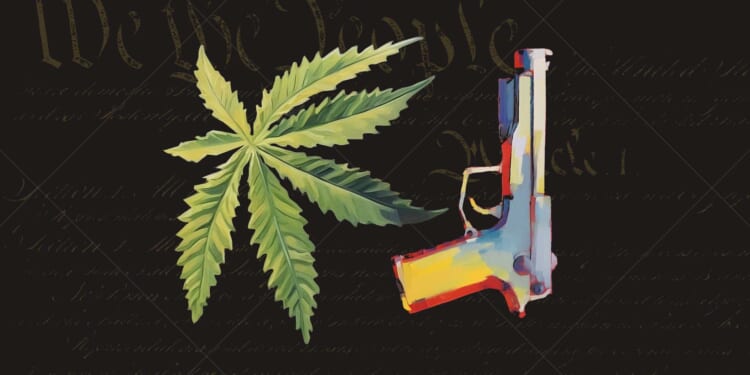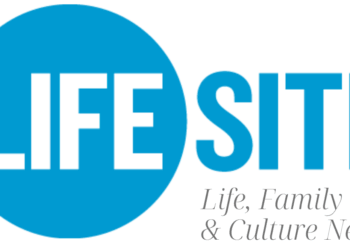A few weeks after taking office, President Donald Trump called the Second Amendment “an indispensable safeguard of security and liberty,” declaring that “the right to keep and bear arms must not be infringed.” But in a case that the Supreme Court recently agreed to hear, the Trump administration is urging the justices to uphold one of the federal government’s most constitutionally dubious restrictions on that right.
Since 1968, Congress has prohibited gun possession by illegal drug users, a provision that affects millions of peaceful Americans who pose no plausible threat to public safety. That gun ban is illogical, unjust, and inconsistent with “this Nation’s historical tradition of firearm regulation,” meaning it fails the constitutional test that the Supreme Court established in 2022.
Under federal law, it is a felony, punishable by up to 15 years in prison, for an “unlawful user” of “any controlled substance” to receive or possess a firearm. As I explain in my new book Beyond Control, that category encompasses many people with no history of violence, including cannabis consumers in states that have legalized marijuana for medical or recreational use.
Judging from survey data, something like 20 million Americans, mostly marijuana users, are violating this law right now. In addition to illegal gun possession, they can be charged with three related felonies, which means they theoretically could face nearly half a century behind bars, even if they never handle firearms while intoxicated.
Despite its avowed devotion to the Second Amendment, the Trump administration sees nothing wrong with that policy. It wants the Supreme Court to overrule a 2024 decision in which the U.S. Court of Appeals for the 5th Circuit found “no historical justification for disarming a sober citizen not presently under an impairing influence.”
Trump is taking the same position as Joe Biden, whose administration doggedly defended this gun ban against challenges by marijuana users. Biden even signed legislation that increased the potential penalties for drug users who obtain firearms.
Biden seemed to view that offense as a grave crime that merits stiff punishment. But he made an exception for his son, issuing a hypocritical pardon that shielded Hunter Biden from the penalties faced by defendants who are not lucky enough to have a father in the White House.
The Biden administration argued that disarming drug users had historical precedent, citing early laws against publicly carrying or firing guns while intoxicated. But as the 5th Circuit and other courts have recognized, those narrowly targeted laws are not “relevantly similar” to a categorical ban that applies in all settings and circumstances.
The Trump administration’s Supreme Court petition relies on a different, equally problematic analogy: “founding-era restrictions on habitual drunkards,” who could be confined to workhouses as “vagrants.” But unlike the ban that the government is defending, those restrictions required a judicial determination and did not involve the right to arms.
Another important distinction: The vagrancy laws applied only to a subcategory of alcohol consumers, not to drinkers in general. By invoking them, the government conflates occasional pot smokers with “habitual drunkards.”
The government’s petition glides over the fact that there was no such thing as an “unlawful consumer” of a “controlled substance” until the 20th century. When the Second Amendment was ratified in 1791 and when the 14th Amendment made it binding on the states in 1868, people could legally consume currently prohibited drugs without a medical prescription.
In the 19th century, drugs such as opium, cannabis, and cocaine were widely consumed in patent medicines that could be readily obtained over the counter or by mail. It seems highly doubtful that Americans of that era would have thought eschewing such products should be a condition for exercising the rights guaranteed by the Second Amendment.
The Trump administration, in short, will have a hard time meeting the historical test that the Supreme Court has said gun control laws must pass. The question is whether the justices will let pharmacological prejudices override that test.
© Copyright 2025 by Creators Syndicate Inc.
















